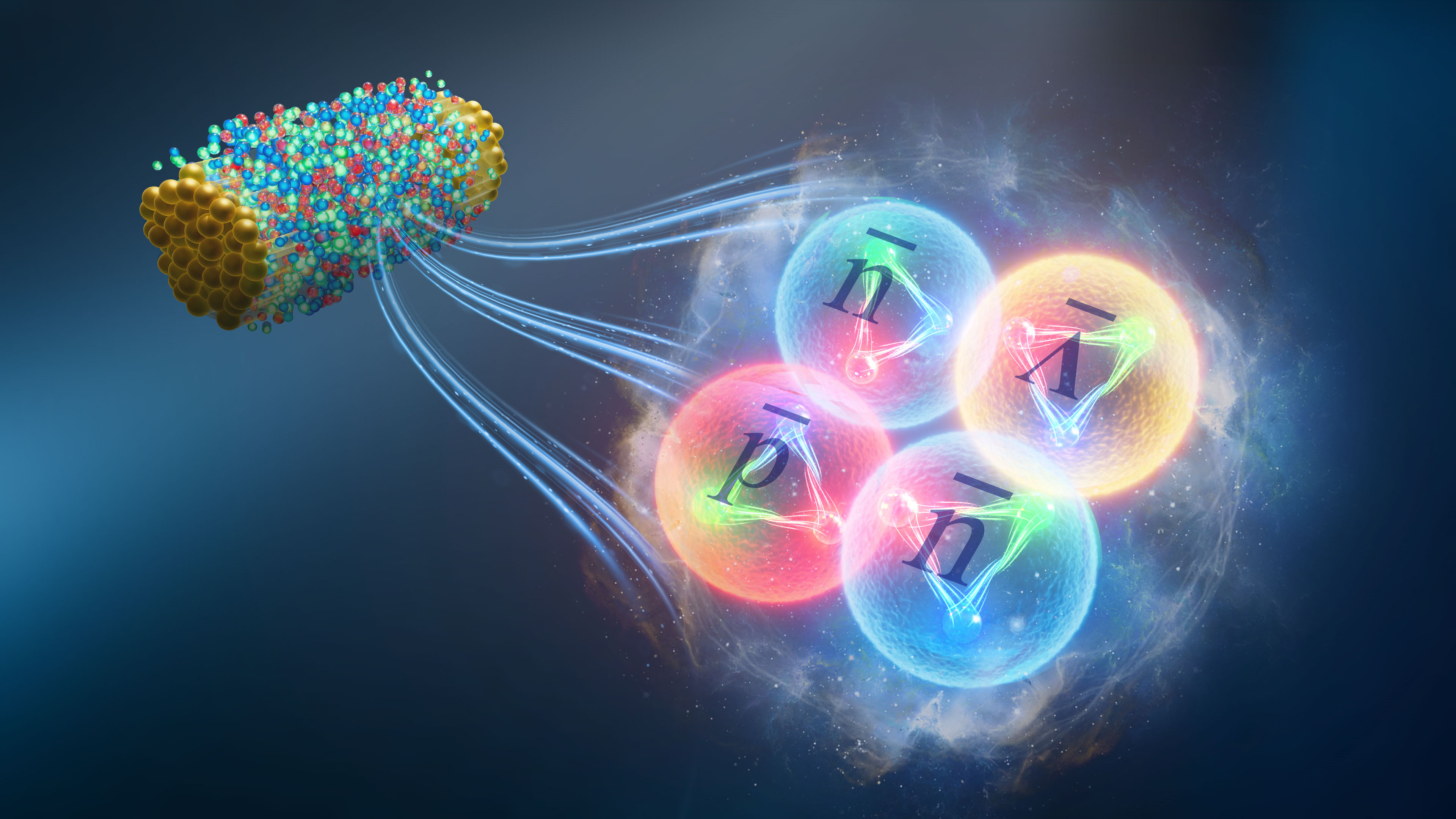The Future of Telecom Is Atomically Thin
Department of Energy, Office of ScienceWhen light shines on a semiconductor, it excites the electrons, leaving behind a “hole.” Electrons and these holes attract each other to form excitons, which can interact with other unpaired charges to alter the shape, direction, and/or frequency of a beam of light in the semiconductor. Researchers demonstrated that this response is unprecedently strong in a two-dimensional device made of three atomic layers of the semiconductor tungsten di-selenide.

















